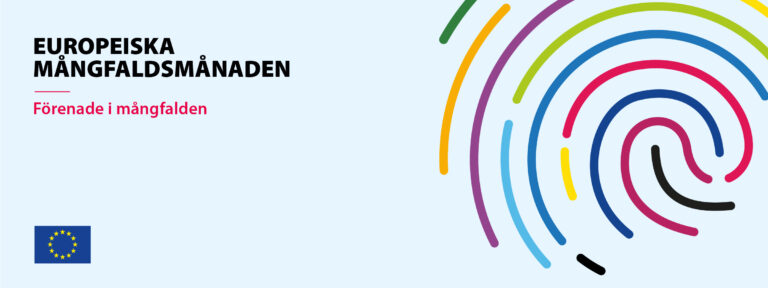Knowledge bank
Here we have gathered knowledge and experience from our previous activities and from our networks.
About the Knowledge Bank
It brings together knowledge and experiences from previous activities. The knowledge bank is divided into ten sections and is based on the seven grounds of discrimination and the three relevant areas "Measuring diversity", "Inclusive leadership" and "Inclusive recruitment". The activities can occur under several grounds of discrimination/sections.
Ethnicity
Disability
Gender
Transgender identity or expression
Religion or other beliefs
Sexual orientation
Age
Measuring diversity
A prerequisite for successful work on diversity and inclusion in the workplace is that it is based on facts, that you find out what it really looks like. This section brings together knowledge and experience on how to measure diversity.
Inclusive leadership
Current research shows a clear link between inclusive leadership, diversity and inclusion and the creation of innovative teams. Evidence that diversity contributes to new perspectives and increased rates of innovation is hardly needed for inclusive leaders. But hiring diversity is not the same as embracing it.
Inclusive recruitment
Recruitment is key to increasing the diversity of an organisation. Inclusive recruitment is a prerequisite to remain successful and competitive among customers and future employees.
Reading tips
Deepen your knowledge of diversity and inclusion in book form. Here is a list of books that can be useful for reference and/or inspiration. All with a focus on increasing diversity and inclusion in the labour market.
-
Gabriella Fägerlind - Diversity in practice: a handbook for inclusive workplaces - ISBN 9789198647433



